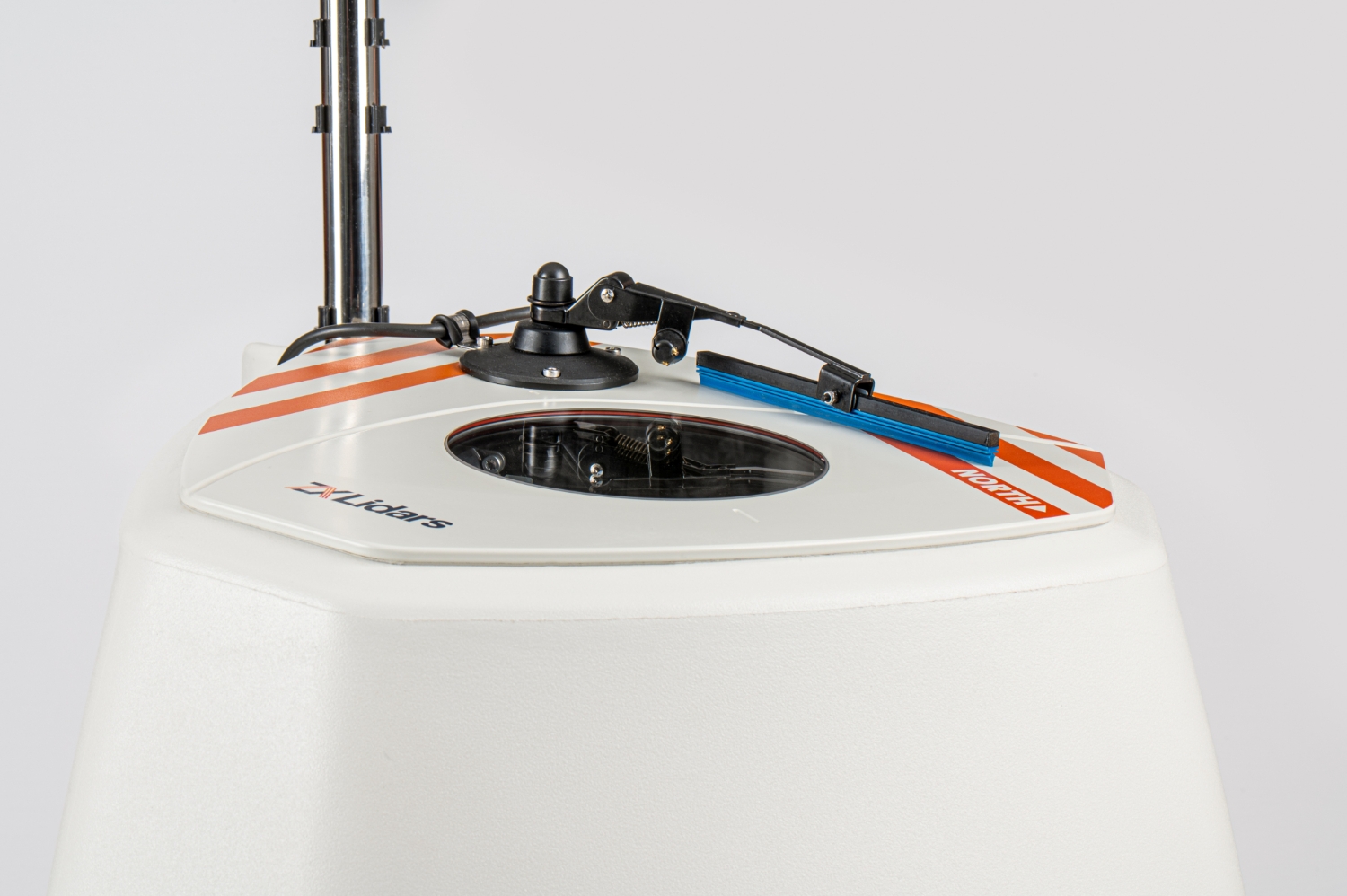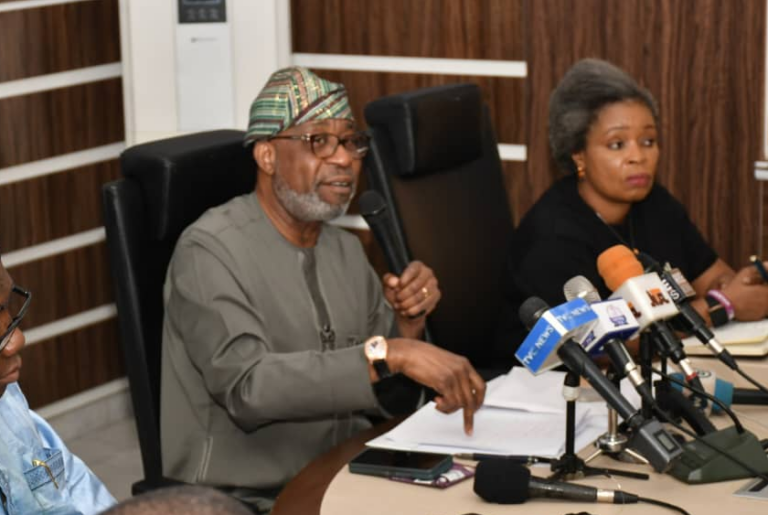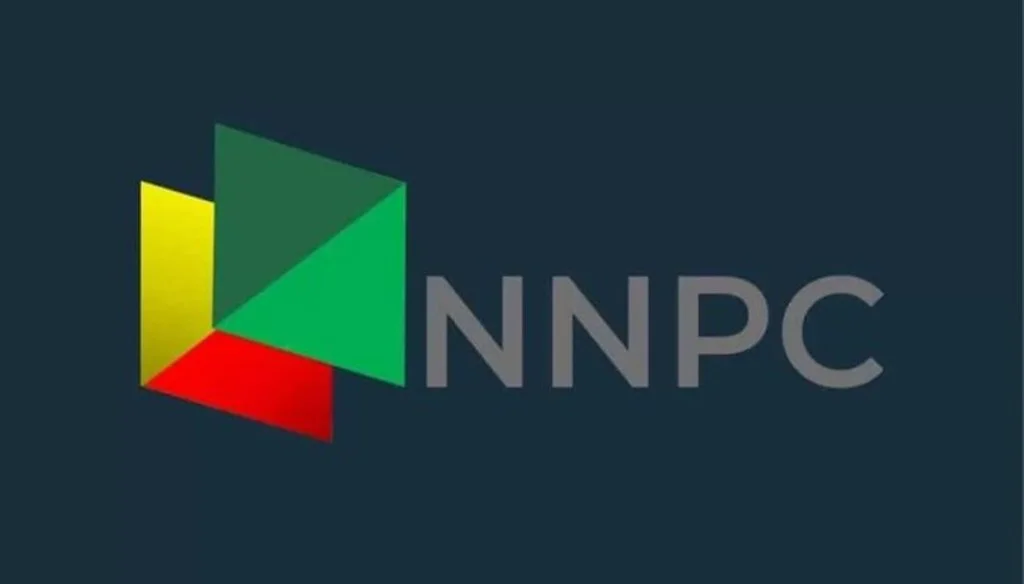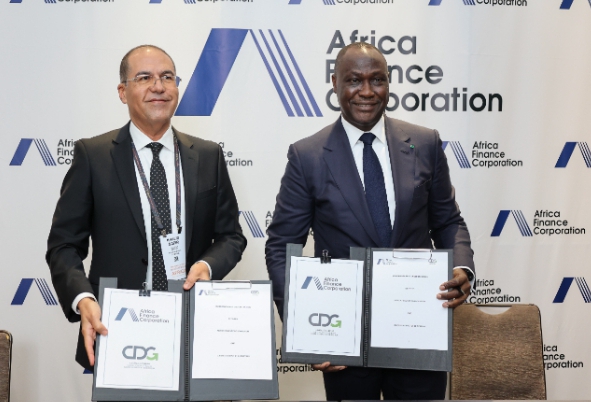By Oke Peter
The Nigerian National Petroleum Company Limited (NNPCL) secured ₦318.05 billion between January and August 2025 to fund oil exploration activities in frontier basins, according to data from the September 2025 Federation Account Allocation Committee (FAAC) meeting.
The funds, representing 30% of profits from Production Sharing Contracts (PSC), were automatically deducted each month as mandated by the Petroleum Industry Act (PIA) 2021. The law established the Frontier Exploration Fund to support exploration in under-explored inland basins such as Anambra, Bida, Dahomey, Sokoto, Chad, and Benue.
Regulations also require the Nigerian Upstream Petroleum Regulatory Commission (NUPRC) to manage the fund through an escrow account and produce an annual Frontier Basin Exploration and Development Plan.
In July 2025, the NUPRC released a detailed plan highlighting proposed seismic surveys, stress-field mapping, data integration, and wildcat drilling across several basins. Key activities included logging and testing of the Eba-1 well in the Dahomey basin, new drilling in Bida, re-evaluation of Wadi wells in Chad, and reassignment of Ebeni-1 drilling in Benue.
The document, signed by NUPRC’s Chief Executive, Gbenga Komolafe, noted that these efforts aim to de-risk assets and inform further exploration in compliance with legal requirements.
An analysis of FAAC records showed that total PSC profits for the year amounted to ₦1.06 trillion—₦518.76 billion below the budgeted ₦1.58 trillion. Despite the shortfall, the 30% deduction for frontier exploration was applied consistently.
Monthly deductions fluctuated significantly:
* January: ₦31.77bn (PSC profit: ₦105.91bn)
* February: ₦38.30bn (₦127.67bn)
* March: ₦61.49bn (₦204.96bn)
* April: ₦36.58bn (₦121.93bn)
* May: ₦38.8bn (₦129.33bn)
* June: ₦6.83bn (₦22.77bn)
* July: ₦25.34bn (₦84.48bn)
* August: ₦78.94bn (₦263.13bn)
The same 30% deduction was applied to NNPCL’s management fees, also totaling ₦318.05 billion over the period, bringing the combined amount received by the company to ₦636.1 billion for exploration and operations.
Meanwhile, the Federation Account—which is entitled to 40% of PSC profits—also experienced volatile inflows. It received ₦424.07 billion between January and August, well below the projected ₦631.57 billion. Monthly allocations ranged from ₦9.11 billion in June to a peak of ₦105.25 billion in August.
The revenue pressure was compounded by the non-performance of the NNPCL’s interim dividend line. Budgeted at ₦271.18 billion per month (₦2.17 trillion year-to-date), no remittances have been made to the Federation Account so far in 2025.
In response, a FAAC subcommittee was established to investigate the 30% frontier deductions. The committee met with NNPCL, NUPRC, and the Central Bank of Nigeria. NNPCL presented historical data on inland basin exploration from 1999 to date and outlined 2025 plans. However, committee members demanded more detailed financial disclosures, setting a submission deadline of September 19, 2025, which remains unmet.
The Director-General of the Budget Office, Tanimu Yakubu, stated at a recent budget review event in Abuja that Nigeria has lost up to 60% of its gross oil revenue due to deductions under the PIA. These include the 30% allocation to NNPCL’s management fees and another 30% to the Frontier Exploration Fund.
Yakubu warned that without new revenue sources to replace these deductions, funding for public expenditure has taken a significant hit. He added that oil revenues in the first half of 2025 had underperformed due to low global prices and production challenges. Efforts are already underway in the National Assembly to amend the PIA to recover lost revenue.
In August, President Bola Tinubu directed a review of revenue retention practices by major government agencies, including NNPCL, FIRS, Customs, NUPRC, and NIMASA. The directive, which was issued at a Federal Executive Council meeting, calls for a reassessment of the 30% management and exploration deductions. The Economic Management Team has been tasked with providing actionable recommendations.
Meanwhile, the Petroleum and Natural Gas Senior Staff Association of Nigeria (PENGASSAN) and the Nigeria Union of Petroleum and Natural Gas Workers (NUPENG) have opposed any move to divest government stakes in Joint Venture assets or amend the PIA to reduce NNPCL’s role. The unions warned that such actions could destabilize the oil sector and threaten job security.
Experts have also weighed in. Oil and gas consultant, Mr. Ademola Adigun, criticized the 30% frontier allocation as excessive and poorly justified, especially given current economic constraints. He recommended reducing the allocation to no more than 10% and backed calls for greater revenue transparency from NNPCL.
In contrast, Professor Dayo Ayoade, an energy law scholar at the University of Lagos, urged caution in amending the PIA. He noted the law took nearly two decades of negotiation and compromise. While acknowledging the need for accountability, he argued that exploration should be liberalized and opened up to private investors through incentives rather than funded with public money.
Ayoade further warned that the current funding structure undermines fiscal federalism and commercial viability, suggesting that NNPCL be evaluated based on its own operational profits rather than joint ventures or shared contracts.








